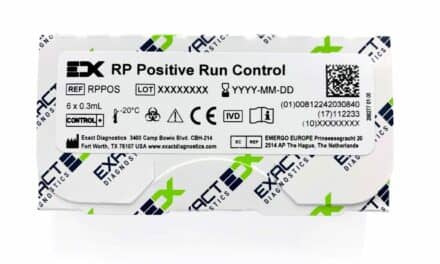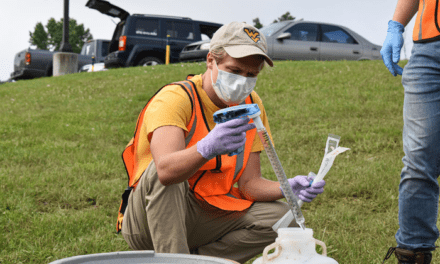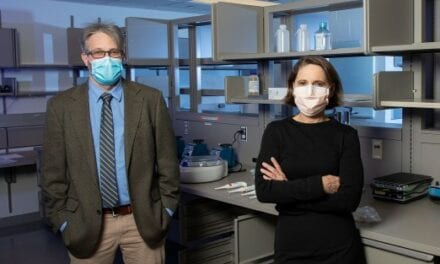RayBiotech, Norcross, Ga, is seeking emergency use authorization from the FDA for the use of its 1-Step Covid-19 PCR collection buffer for viral detection assays. Current methodologies often require a trained healthcare professional to take an invasive nasal swab followed by a multi-step protocol to isolate viral genomic material prior to testing on authorized PCR tests. However, RayBiotech’s novel 1-Step Buffer allows for immediate use of the saliva and other sample types on authorized tests, cutting out a significant amount of the required processing effort and time. The 1-Step Buffer also can be used directly in the assay without RNA purification from nasal and throat swabs. Furthermore, it allows the use of saliva samples which naturally possess heightened viral titers, bringing a much less invasive specimen collection option compared to the currently required nasal swab samples. Ultimately, company officials say, this product should significantly reduce collection time, labor, and costs from current testing strategies to get patients’ test results much faster. “We are very excited to offer a game changing technology using our 1-Step Covid-19 PCR collection buffer for saliva samples,” says RayBiotech CEO Ray Huang, MD, PhD. “The removal of 4-plus hours of sample processing time required to isolate viral RNA, as well as the complex lab required to perform it, is a huge reduction in the time to diagnostic result. More importantly, the ability to use saliva directly without further purification allows us to navigate through a significant bottleneck in patient testing. It may even allow for direct sample collection by the patients themselves. “Together with potential partners, we hope to bring to market a solution that will reduce the costs and time required of the covid tests, with the ultimate goal of a rapid less than 20 minute viral PCR test with sensitivity and specificity that rival the gold standard of isolated RNA by PCR.” RayBiotech is seeking potential collaboration partners that are interested in bringing this test to high complexity CLIA labs, as well as partners interested in eventually exploring using this solution at the point of care directly. For more information, visit RayBiotech.




